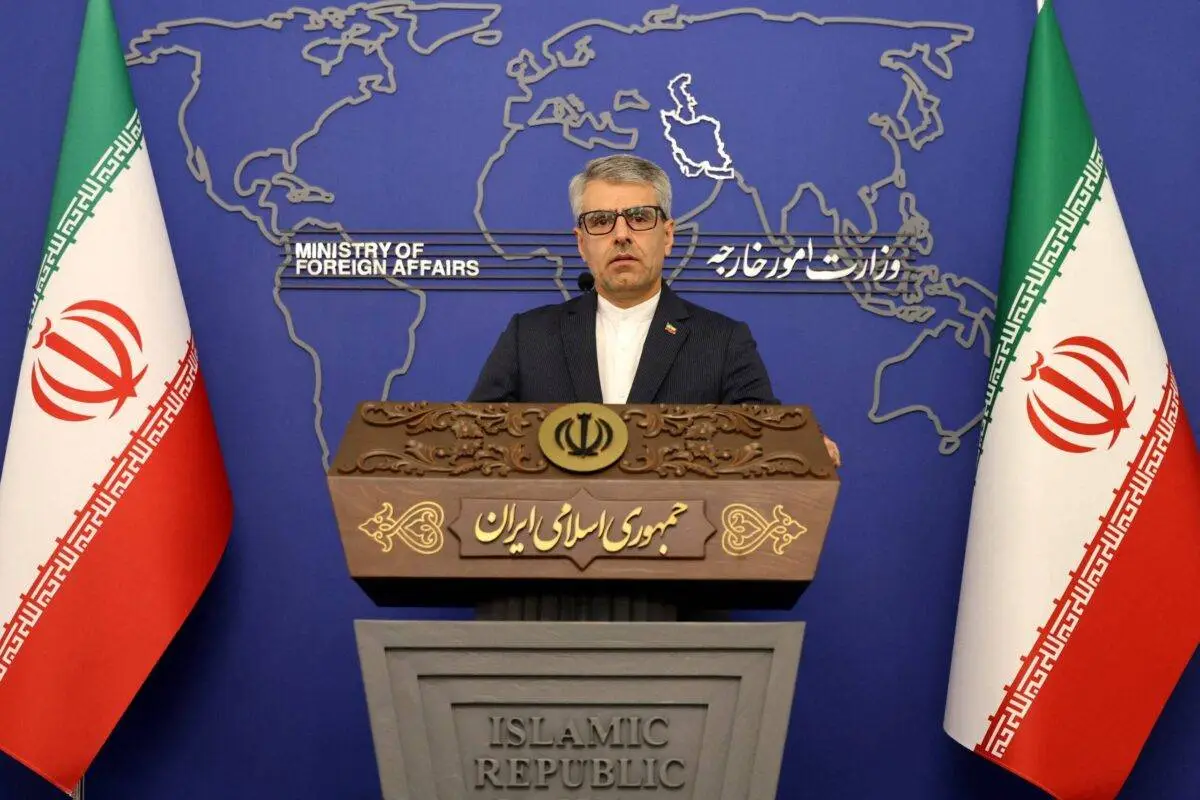As diplomatic tensions continue to shape the Middle East, Oman has emerged as an indispensable intermediary in the complex negotiations surrounding Iran’s nuclear program. This small, strategically located nation has historically maintained a neutral stance in regional conflicts, which positions it uniquely to facilitate dialogue between Iran and the United States. With the international community increasingly wary of Iran’s nuclear ambitions, Oman’s role could be significant in fostering a renewed dialogue aimed at stabilizing the region.
Oman’s involvement is not new; it has previously acted as a mediator during vital discussions, including those leading up to the 2015 Iran nuclear deal, officially known as the Joint Extensive Plan of Action (JCPOA). The Sultanate’s longstanding relationship with both Iran and the United States provides it with a level of trust that is often absent in relations between the two larger powers.
“Oman has always been respected for its neutrality and diplomatic approach,” noted an expert on Middle Eastern politics. This perception enables Oman to serve as a bridge, facilitating communication that might otherwise be hindered by mistrust and historical grievances.
The current geopolitical climate is fraught with challenges, especially following the United States’ withdrawal from the JCPOA in 2018 and the subsequent escalation of tensions between Iran and the West. The renewed threats from both sides have intensified the urgency for dialogue. Oman sees the potential for a more stable Middle East through diplomatic engagement rather than military confrontation.
“Dialogue is the only way forward,” stated a senior Omani official, highlighting the country’s commitment to peace and stability.
In recent months, Oman has taken steps to revive discussions between Iran and the United States, signaling its readiness to host talks and facilitate negotiations. Several high-level visits have taken place, with Omani diplomats engaging directly with both Iranian and American officials. The hope is that these engagements may lead to a framework for renewed negotiations, potentially paving the way for a new agreement that addresses the core concerns of all parties involved.
As the world watches, Oman’s diplomatic efforts could play a significant role in shaping the future of Iran’s nuclear program. The outcome of these negotiations is uncertain, but Oman’s consistent push for dialogue suggests a willingness to act as a beacon of diplomacy in a region often overshadowed by conflict.
In the quest for peace, Oman could indeed be the key to revealing new possibilities in Iran-US relations.














